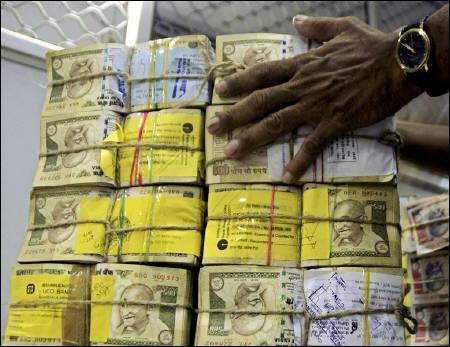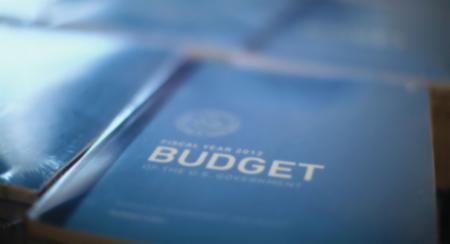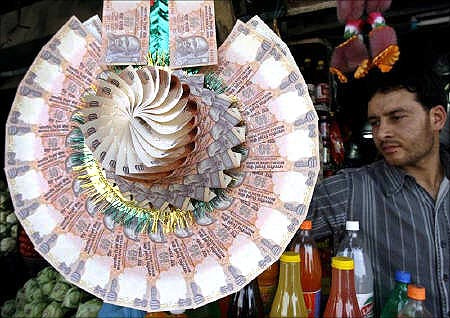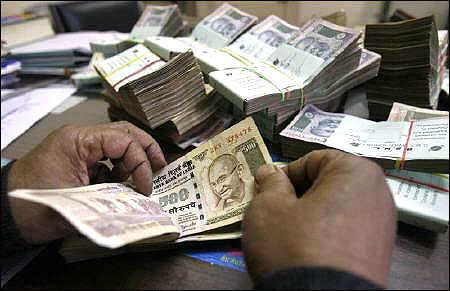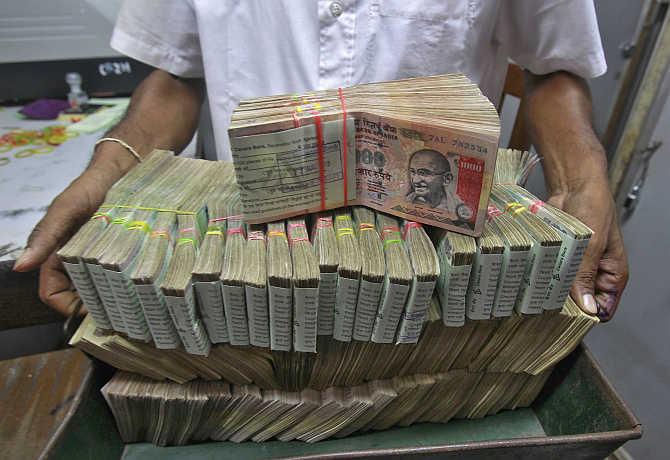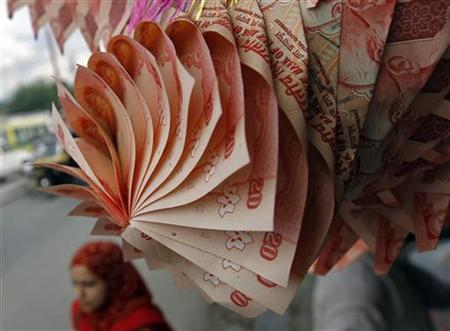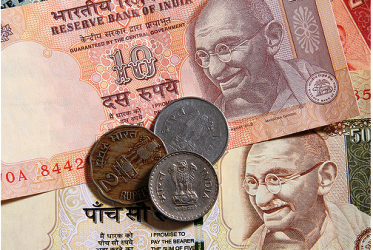 | « Back to article | Print this article |
A few useful tips to avoid financial crunches
Managing your finances efficiently is extremely critical in financial planning.
This is true for both individuals as well as businesses.
Imagine the case of an individual, when his salary increases at a nominal rate every year, whereas expenses increase at a faster pace due to high inflation.
It is very easy to face a financial crunch in this case if proper planning is not done. Similarly, assume you run a business which is dependent on consumer demand.
A crunch in consumer demand due to the above factors can cause cash crunches for your business.
Hence it is very important to plan in advance in order to overcome such problems.
Here are a few ways to manage cash shortages:
Click NEXT to read further. . .
A few useful tips to avoid financial crunches
Curtail unnecessary expenses: Money saved is money earned.
When you cut down expenses which are not critical, you save more.
Make it a practice to purchase only those things which are essential and according to your needs.
When you have sufficient money, spending on unnecessary things does not seem to cause a problem.
However, in times of financial crunch, this results in a pressure on your finances.
Hence it is always better to always curtail unnecessary expenses even during good times.
Click NEXT to read further. . .
A few useful tips to avoid financial crunches
Apportion money for regular expenses: This follows the traditional principle of envelope budgeting.
The difference is you do not determine the budget beforehand.
Based on your past expenses pattern, you set aside money for all expenses you can count and estimate beforehand.
For instance, assume you incur monthly expenses of Rs 30,000 on EMI, Rs 2000 on electricity bills, Rs 300 on gas bills, Rs 1000 for your maid, Rs 20000 as rent and Rs 2000 on your mobile and internet bills.
These expenses are fixed and are not expected to change every month.
Further, you know that these expenses have to compulsorily be incurred every month, irrespective of your financial position.
When you add up such countable expenses, they usually form a large chunk of your monthly expenses.
So when you have some extra inflow in any month, you can set aside money for such expenses to help you in times of need.
A few useful tips to avoid financial crunches
Defer your expenses: Analyse your expense pattern and see if there expense could have been deferred to a later date after your cash flow position becomes better.
You will realise that there are many expenses which are not critical and which can be done at a later date.
For example, you may want to purchase a second air conditioner for your house.
Try to postpone the purchase to winter season, when the prices drop.
Alternately, you can also plan to save in small amounts for any big ticket expenses.
A few useful tips to avoid financial crunches
Maintain a contingency fund: You must plan to maintain a contingency fund or an emergency fund worth at least six months of your expenses.
This will help you manage your expenses in times of a financial crunch.
The expenses to be considered include the regular mandatory expenses for your household, children fees, medical expenses and EMI payments.
Remember to invest this corpus in a liquid fund which can give you returns and at the same time can be withdrawn any time.
A few useful tips to avoid financial crunches
Monetise gold: If you are having financial issues, you can look at monetising the gold you hold.
You can deposit gold with commercial banks in exchange for cash certificates which will give you fixed interest.
This is based on the gold holdings.
Such a scheme will help you add an additional income stream and ease your finances to some extent.
A few useful tips to avoid financial crunches
Generate funds from friends and family: If you think you have some commitments which cannot be avoided, it is better if you look for finance within your social circles, rather than approach a bank for a loan.
It is often seen that people hesitate to ask for money from their friends or family.
However, the fact remains that you will be paying more interest on a personal loan from a bank than what you may have to pay if you borrow from the people you know.
Look at formal sources of finance as the last resort.
A few useful tips to avoid financial crunches
Don’t disturb your long term investments: You must plan for your goals based on their timeframe.
For example, you should not fund a short term goal with savings meant for the long term.
However, in times of financial crunch, you may be tempted to let go of this discipline and want to draw from your long term investments.
As such investments are meant for the long term, the returns from these can be affected if you withdraw midway.
Therefore, you should use such long term investments for your short term commitments only when you have used all other sources of finances and this is the last resort.
Planning in advance for adverse situations in life is the key to managing financial crunches.
Maintain an emergency fund, cut back unnecessary expenses and save smartly to overcome financial difficulties.
Powered by
BankBazaar.com is an online marketplace where you can instantly get loan rate quotes, compare and apply online for your personal loan, home loan and credit card needs from India's leading banks and NBFCs.
Copyright 2024 www.BankBazaar.com. All rights reserved.
